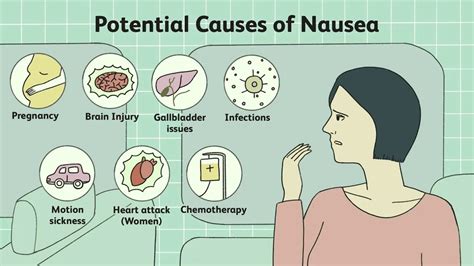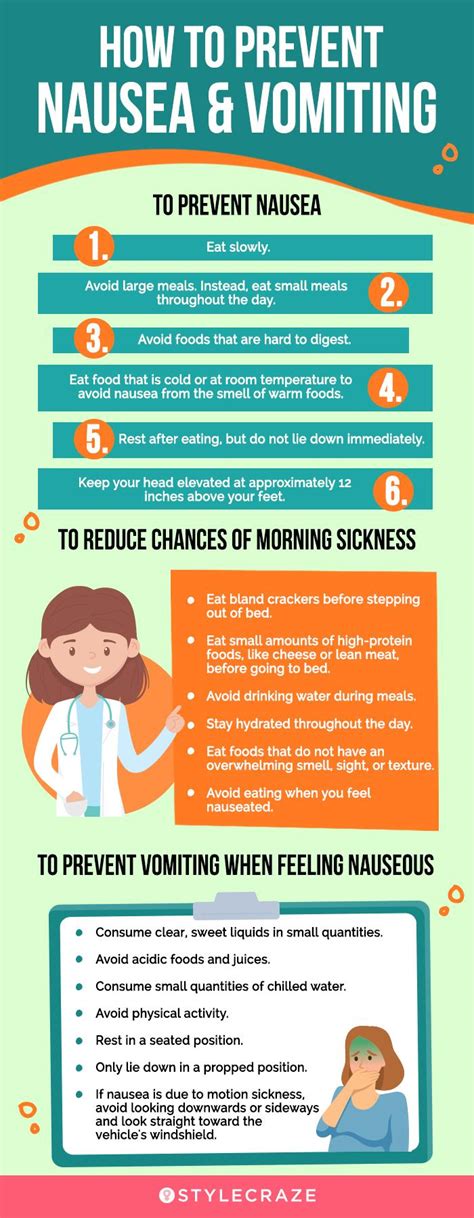Intro
Vomiting in children can be a distressing and worrisome experience for parents. It's essential to recognize that vomiting can be a symptom of various underlying conditions, ranging from mild to severe. As a parent, it's crucial to understand the causes, signs, and symptoms of vomiting in children and to know when to seek medical attention. Fortunately, there are several home remedies that can help alleviate vomiting in children, and in this article, we will explore these remedies in detail.
Vomiting can be caused by a variety of factors, including viral or bacterial infections, food poisoning, motion sickness, and even emotional stress. In most cases, vomiting in children is not a cause for concern and can be treated with simple home remedies. However, it's essential to monitor your child's condition closely and seek medical attention if you notice any signs of dehydration, such as excessive thirst, dark urine, or decreased urine output.
Children are more susceptible to dehydration due to their smaller body size, and severe dehydration can lead to serious complications, including seizures, brain damage, and even death. Therefore, it's crucial to take prompt action and seek medical attention if you suspect that your child is dehydrated. In this article, we will discuss the common causes of vomiting in children, the signs and symptoms of dehydration, and the most effective home remedies to alleviate vomiting and prevent dehydration.
Understanding Vomiting in Children

The most common causes of vomiting in children include:
- Viral gastroenteritis, also known as stomach flu
- Food poisoning
- Motion sickness
- Emotional stress
- Overeating or eating spoiled food
- Infections, such as urinary tract infections or ear infections
Signs and Symptoms of Dehydration
It's essential to recognize the signs and symptoms of dehydration in children, as prompt treatment can help prevent serious complications. The signs and symptoms of dehydration include: * Excessive thirst * Dark urine or decreased urine output * Dry mouth and tongue * Sunken eyes * Low energy levels * Irritability or restlessnessHome Remedies for Vomiting in Children

Fluid Replacement
Fluid replacement is essential to prevent dehydration in children. You can offer your child small, frequent amounts of fluids, such as: * Water * Clear broth * Electrolyte-rich beverages, such as Pedialyte * Breast milk or formula, if your child is an infantIt's essential to avoid offering your child caffeinated or carbonated beverages, as these can exacerbate dehydration.
Natural Remedies for Vomiting in Children

When to Seek Medical Attention
While home remedies can be effective in alleviating vomiting in children, it's essential to know when to seek medical attention. You should seek medical attention if your child: * Is under 6 months old and has a fever over 100.4°F (38°C) * Is over 6 months old and has a fever over 102°F (39°C) * Has signs of dehydration, such as excessive thirst, dark urine, or decreased urine output * Has vomiting that lasts for more than 24 hours * Has blood in their vomit or stool * Has severe abdominal pain or tendernessPreventing Vomiting in Children

Conclusion and Next Steps
Vomiting in children can be a distressing and worrisome experience for parents. However, by understanding the causes, signs, and symptoms of vomiting and by using simple home remedies, you can help alleviate your child's symptoms and prevent dehydration. Remember to seek medical attention if you notice any signs of dehydration or if your child's vomiting lasts for more than 24 hours. By taking prompt action and seeking medical attention when necessary, you can help ensure your child's health and well-being.What are the most common causes of vomiting in children?
+The most common causes of vomiting in children include viral gastroenteritis, food poisoning, motion sickness, emotional stress, overeating, and infections.
How can I prevent dehydration in my child?
+You can prevent dehydration in your child by offering small, frequent amounts of fluids, such as water, clear broth, or electrolyte-rich beverages like Pedialyte, and by monitoring their urine output and watching for signs of dehydration.
When should I seek medical attention for my child's vomiting?
+You should seek medical attention for your child's vomiting if they are under 6 months old and have a fever over 100.4°F (38°C), if they are over 6 months old and have a fever over 102°F (39°C), or if they have signs of dehydration, vomiting that lasts for more than 24 hours, blood in their vomit or stool, or severe abdominal pain or tenderness.
